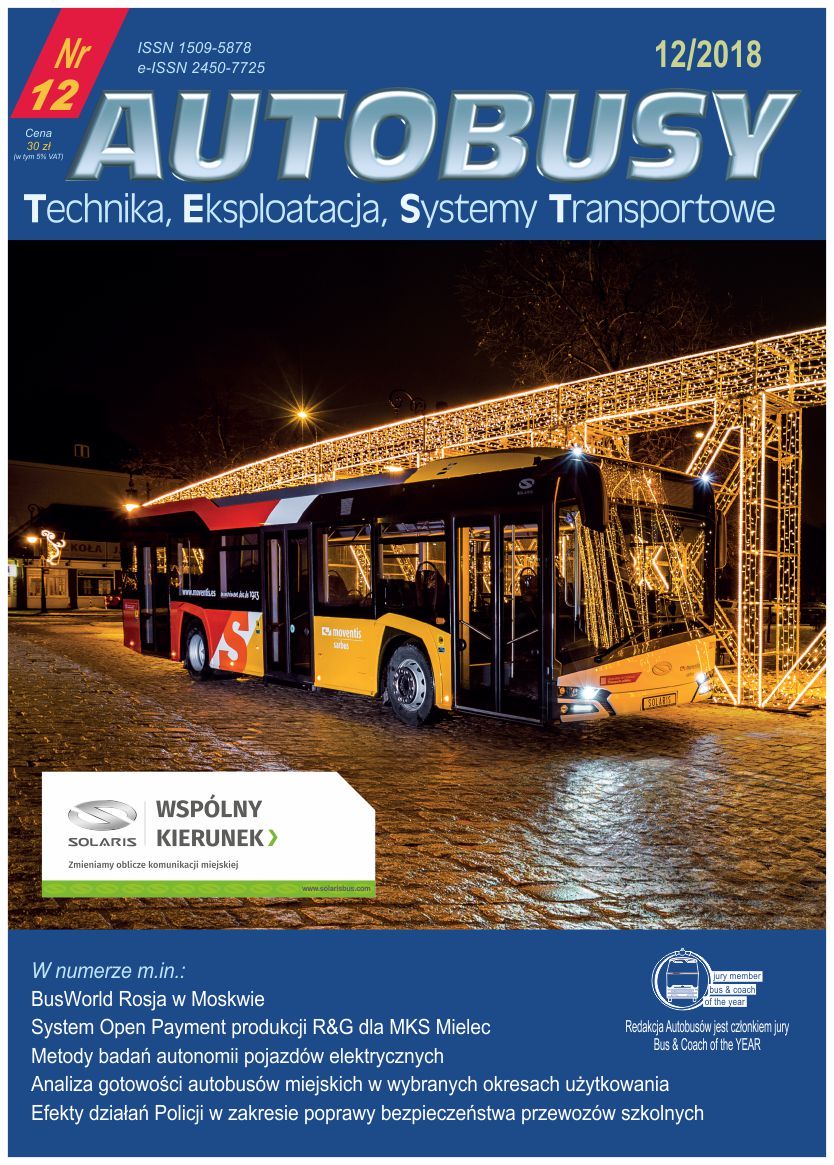Research on the impact of diesel injection parameters on particulate matters emission in a dual-fuel supercharged engine fueled with natural gas
DOI:
https://doi.org/10.24136/atest.2018.389Keywords:
dual fuel engine, natural gas, combustionAbstract
The paper presents the results of research on dual-fuel, compression ignition engine, powered by natural gas. The main objective of the conducted research was to determine the impact of injection parameters initiating the ignition of a diesel oil dose, i.e.: the size and injection timing, on the emission of particulate matters. Studies have shown that when using a split of the diesel dose for the pilot and main dose, despite the significant (70%) share of natural gas in the mixture being combusted, the emission of particulate matters is comparable and even higher than that obtained on standard fuel. Previous studies of the dual-fuel engine showed that there is a clear need to divide the diesel dose into a pilot dose and the main dose. This division significantly affects the course of heat release, and at the same time is an effective method of reducing the maximum rate pressure rise, which allows increasing the share of gaseous fuel. From the point of view of particulate emissions, such division is counterproductive. The obtained results indicate that the values of pilot and main doses and their injection timing significantly affect the conditions of formation of particulate matters.



